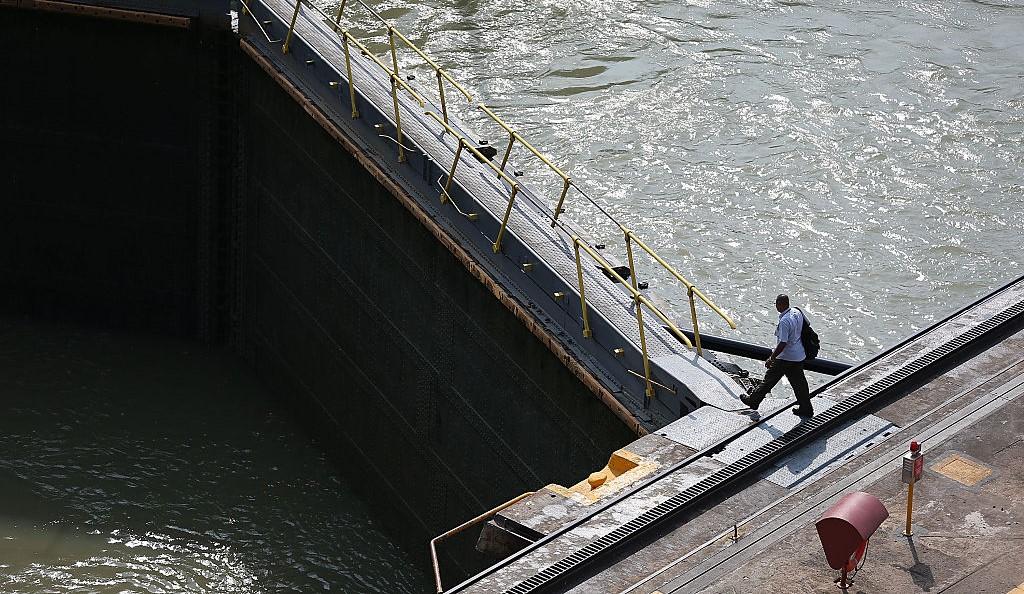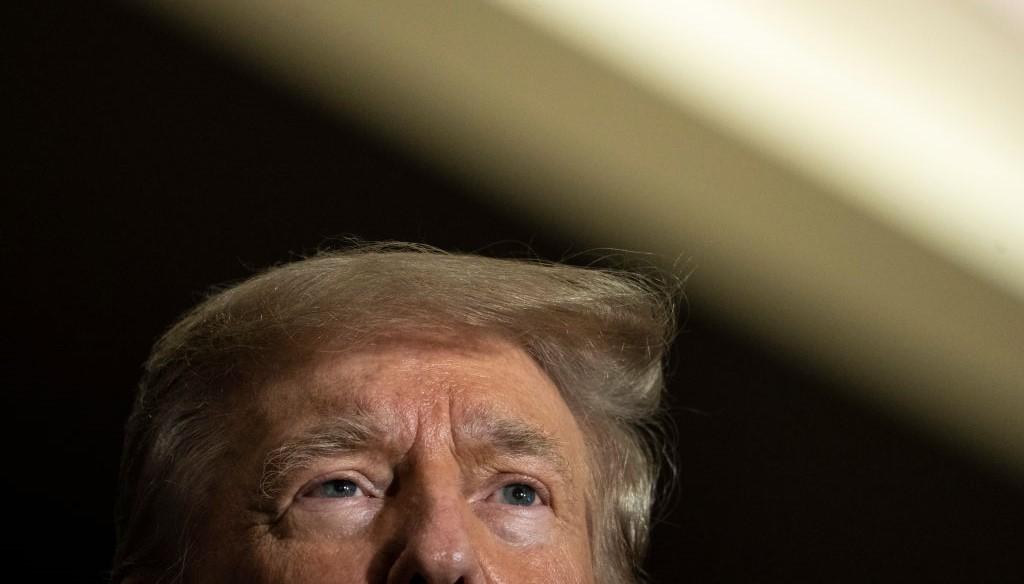China Doesn’t Own the Panama Canal, but Does Have a Lot of Control
China’s increasing control over the Panama Canal doesn’t make it an owner, but it’s still concerning for developed nations like the U.S.
Aug. 2 2022, Published 12:31 p.m. ET
Outlets have been covering China’s efforts to expand its control over the Panama Canal for years, but that doesn’t make it an owner.
Still, this control is a concern for developed nations like the U.S., whose once-perpetuitous lease treaty ended more than two decades ago. China began seriously swooping in to control the canal under former President Donald Trump's lackadaisical approach, but the gains aren't irreversible.
Here's the truth about who "owns" the Panama Canal.
As for who actually owns the Panama Canal, the answer is, well, Panama. Despite the fact that in 1903 the U.S. entered an ongoing lease agreement with no end date to construct and operate the canal, Panama always retained utmost control. Then in 1978, the Carter Torrijos Treaty of 1978 confirmed the American lease agreement would end in 1999 (which it ultimately did).
Why do people think China owns the Panama Canal?
Since the lease agreement between Panama and the U.S. ended in 1999, China has won numerous bids to manage specific sections of the canal’s ports. These bids aren't perpetuitous and have an end date.
China’s control of the canal mostly came under former President Donald Trump, who shied away from trade details in Latin America. During that time, Chinese President Xi Jinping embarked on a major campaign across the region. In 2017, Panama became one of multiple nations foregoing support of Taiwan in favor of China.
Former U.S. ambassador to Panama John Feeley resigned in 2017 over frustration of Trump’s handling of the situation. Instead of replacing him, U.S. Ambassador to the Marshall Islands Roxanne Cabral took Panama under her wing until 2020.
What parts of the Panama Canal does China control?
Beijing-based construction companies in 2018 funded a $1.4 billion bridge project spanning the canal. Sometime after that, China Construction Americas finished the Amador Convention Center located on the Pacific side of the canal. This project was funded by Chinese loans.
Shanghai Gorgeous also invested $900 million in a natural gas–fired electricity generation facility in the region. China is getting on the region’s good side as well. According to senior vice president of the Center for Strategic and International Studies Daniel F. Runde, “A plan announced in September 2020 would establish a water management system to combat against drought, which threatens the operation of the Canal, but also would impact local access to water for the next 50 years.”
Chinese control of the Panama Canal is problematic — here's why.
China is funding many of these projects through expensive loans, which could trouble already indebted Latin American countries with shaky economic footing.
Also, China’s expansion in the Panama Canal has caused concern for the U.S. It could threaten the long-standing neutrality of this crucial port system. Runde writes, “Of those goods transiting the Canal, over 60 percent originate in or end up in U.S. markets, intrinsically tying free and fair Canal access to U.S. national security and economic interests in the country.”
Chinese expansion on the canal is slowing down and the U.S. is catching up. President Joe Biden has spoken out in favor of Panama Canal infrastructure investments in the past, though his priority has been domestic as the nation seeks to combat inflation with boosted supply. However, this would help bridge the demand gap driven by unprecedented direct-to-individual investments.



